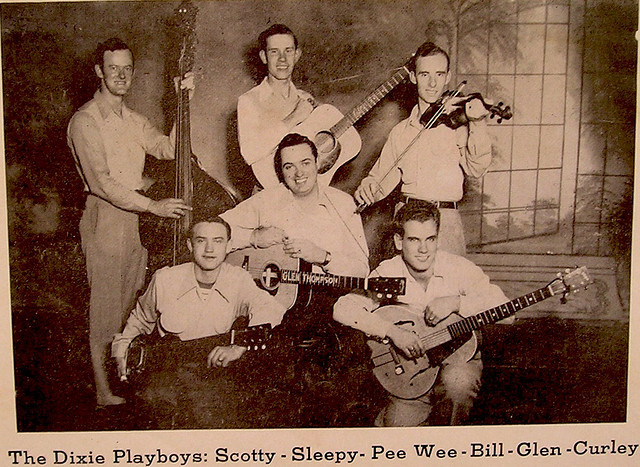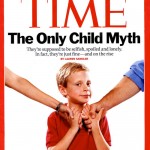Mark Edmundson, writing for The Chronicle of Higher Education believes that the average reader reads for one purpose and one purpose only–for pleasure:
Who is the common reader now? I do not think there is any way to evade a simple answer to this question. Common readers—which is to say the great majority of people who continue to read—read for one purpose and one purpose only. They read for pleasure. They read to be entertained. They read to be diverted, assuaged, comforted, and tickled. The evidence for this phenomenon is not far to seek. Check out the best-seller lists, even in the exalted New York Times. See what Oprah’s reading. Glance at the Amazon top 100. Look around on the airplane. The common reader—by which I don’t mean the figure evoked by Dr. Johnson and Virginia Woolf, but the person toting a book on the train or loading one into his iPad or Kindle—the contemporary common reader reads for pleasure, and easy pleasure at that. Reading, where it exists at all, has largely become an unprofitable wing of the diversion industry.
As someone who reads a good bit for pleasure, I am tempted to take issue with Edmundson here, however as the article progresses it becomes clear that Edmundson is not arguing against the enjoyment of reading but rather against enjoyment as the goal of reading. Certainly Edmundson’s statement above does not adequately describe all readers, especially savvy CAPC types. However, despite this over-generalization, he seems to understand the pivotal value of reading. Edmundson claims our ultimate goal in reading ought to be the desire to be influenced. We are all works in progress and reading at its best reveals our weaknesses and challenges our thinking:
The desire to be influenced is always bound up with some measure of self-dislike, or at least with a dose of discontent. While the culture tells us to love ourselves as we are—or as we will be after we’ve acquired the proper products and services—the true common reader does not find himself adequate at all. He looks in the mirror of his own consciousness, and he is anything but pleased. That is not what he had in mind at all. That is not what she was dreaming of.
But where is this common reader—this impossible, possible man or woman who is both confident and humble, both ready to change and skeptical of all easy remedies?
I have to say–this is the kind of reader I want to be. So how do we avoid the pitfall of narcissism when we read? I don’t think the answer is necessarily to avoid reading the NY Times Bestseller list or Oprah’s Book Club but rather to read more thoughtfully. There is nothing wrong with reading for pleasure but there is something wrong with assuming we have arrived at a place where we are beyond influence.
Sadly, I think Christians often are wrongly afraid of being influenced by what we read if its not explicitly Christian. Certainly we want avoid an unhealthy love the world (1 John 2:15) but there is much to be learned from the world of books–even if and often when we disagree with them. I have been reading more lately, some Christian authors and some not, and several of these books challenged my thinking and even made me take a closer look at myself. How is what you are reading influencing you? What have you learned about the world? What have you learned about yourself? Feel free to share an example in the comments below and perhaps I will too. If what you are reading is not influencing or challenging you at all, perhaps you are not reading carefully enough.











